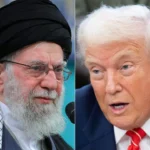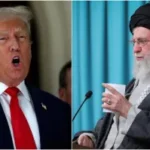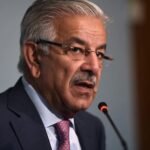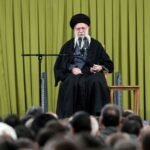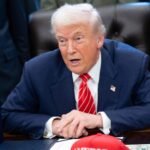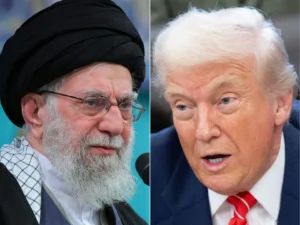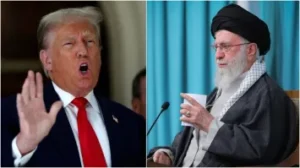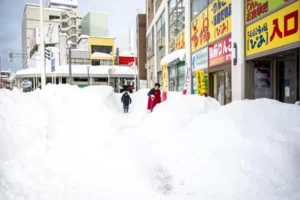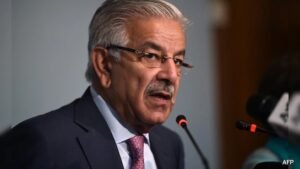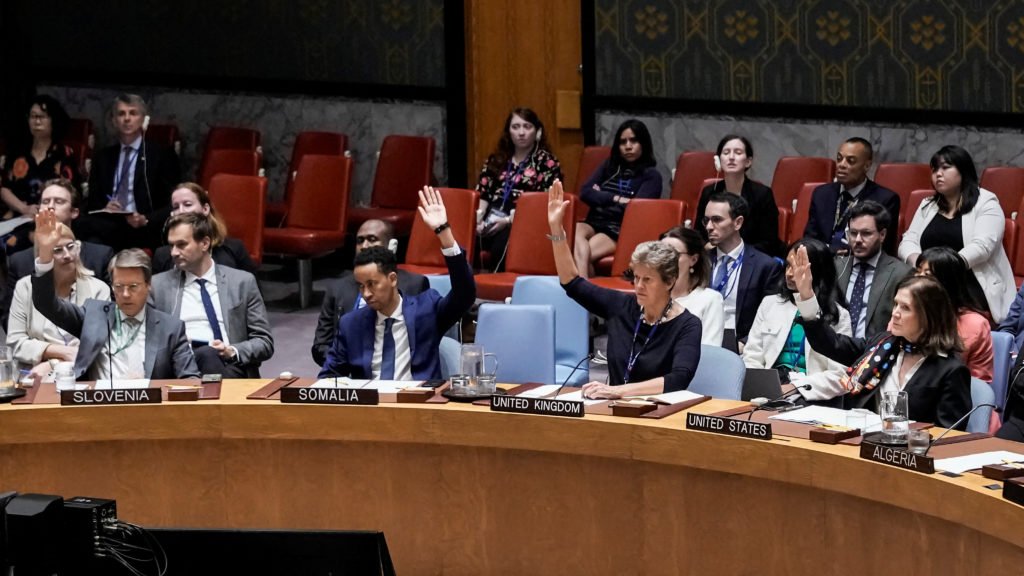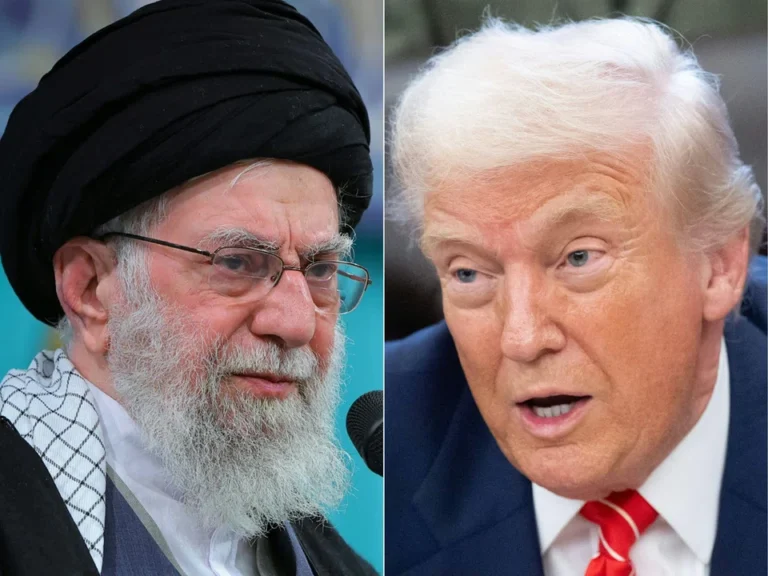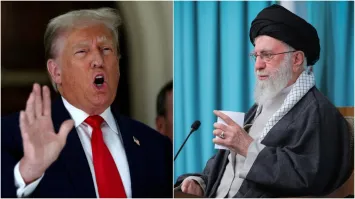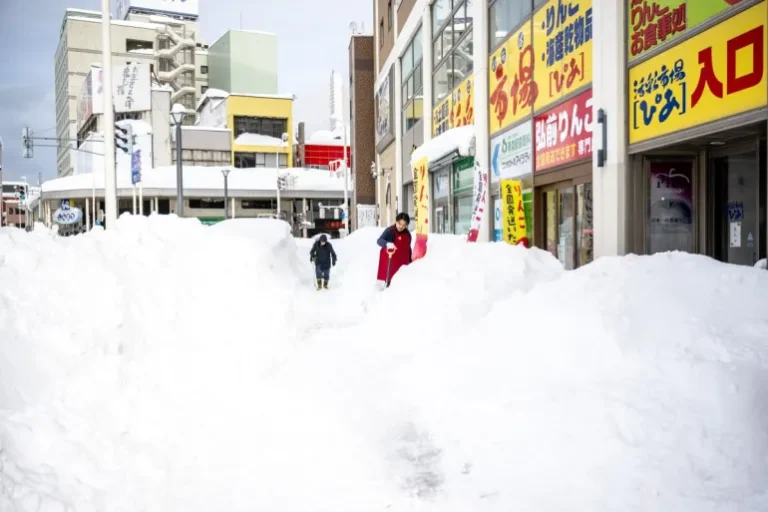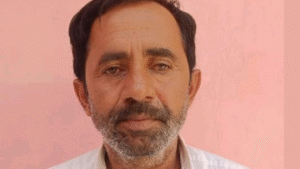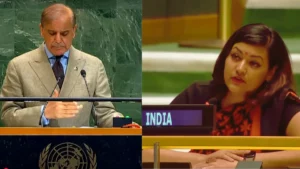The United Nations Security Council has once again rejected a last-minute attempt to postpone the reinstatement of sanctions on Iran over its controversial nuclear programme. The decision came just a day before the deadline, following weeks of intense negotiations that failed to produce what Western nations described as a “concrete” breakthrough.
On Friday, September 26, 2025, Russia and China — Iran’s closest allies within the 15-member Council — tabled a resolution urging more time for dialogue. However, their proposal fell short of the nine votes required to stop the automatic reimposition of sanctions outlined in the 2015 Iran nuclear deal. With no eleventh-hour compromise in sight, the sanctions, triggered by Britain, France, and Germany, are now set to snap back into force from Saturday.
The consequences for Tehran are severe. Iranian assets abroad are expected to be frozen once again, arms deals with the nation will come to a halt, and its controversial ballistic missile programme will face renewed penalties. For a country already reeling under economic strain, these restrictions add further pressure. Analysts warn that the move could inflame tensions between Iran and Western powers at a time when the Middle East is already volatile.
Iran’s response remains uncertain. In the past, its leaders have threatened to withdraw from the Nuclear Nonproliferation Treaty (NPT), potentially taking a path similar to North Korea, which exited the treaty in 2003 before advancing its own nuclear weapons programme. Such a step by Iran would mark a significant escalation with global repercussions.
During the vote, four countries — China, Russia, Pakistan, and Algeria — supported giving Iran more time to negotiate with the European trio (Britain, France, and Germany), along with the United States, which walked away from the accord in 2018 under then-President Donald Trump. Moscow’s deputy ambassador to the UN, Dmitry Polyanskiy, criticized the West, saying that Europe and Washington had chosen “clumsy blackmail” over diplomacy, thereby fuelling further instability in the region.
The European nations triggered the so-called “snapback” mechanism last month, arguing that Iran had violated its commitments under the 2015 deal. Despite high-level talks led by Iranian Foreign Minister Abbas Araghchi with European counterparts in the run-up to the UN General Assembly in New York, no meaningful progress was achieved. One European diplomat described the discussions as failing to deliver “any new results.”
European officials have made it clear that they were open to extending the deadline, but only if Iran met certain conditions. These included resuming direct talks with the United States, providing UN nuclear inspectors with full access to its facilities, and clarifying the fate of more than 400 kilograms of highly enriched uranium reportedly stockpiled by Tehran. Currently, Iran is the only non-nuclear weapon state enriching uranium up to 60% purity, which experts say is only a short step away from weapons-grade levels.
Although Iran recently signed an agreement with the International Atomic Energy Agency (IAEA), mediated by Egypt, to resume cooperation and inspections, the government has threatened to cut ties with the watchdog if sanctions return. The timing is particularly sensitive, given that Iran has resisted full access to its facilities since the June conflict with Israel. That confrontation, which also involved U.S. strikes on Iranian nuclear sites, raised new concerns about the security of Iran’s stockpiles.
Despite Tehran’s warnings, diplomats confirm that IAEA inspectors remain in the country, monitoring sites and verifying operations. In late August, inspectors even oversaw fuel replacement activities at the Bushehr Nuclear Power Plant. As of this weekend, they are stationed at a second site, and officials say they will not be leaving despite the looming sanctions.
From a South Asian perspective, the developments carry significant weight. India, which has deep cultural ties with Iran and longstanding energy partnerships, has often found itself walking a delicate line between its strategic alignment with the West and its regional interests. The return of sanctions could disrupt trade routes through the Chabahar port, a vital project for India’s connectivity with Afghanistan and Central Asia. It may also drive up global oil prices, directly impacting Indian households and industries at a time when inflation is already a pressing concern.
For New Delhi, the situation is a stark reminder of how geopolitical tensions far away can ripple into the region. While India has historically supported non-proliferation, it also values diplomatic engagement with Tehran. The unfolding crisis will test the country’s balancing act on the world stage, particularly as both Washington and Tehran continue to harden their positions.
With sanctions set to return, the coming days could determine whether Iran chooses to escalate further or leaves the door open, however narrowly, for future diplomacy. What remains certain is that the world — including South Asia — will feel the tremors of whatever comes next.
